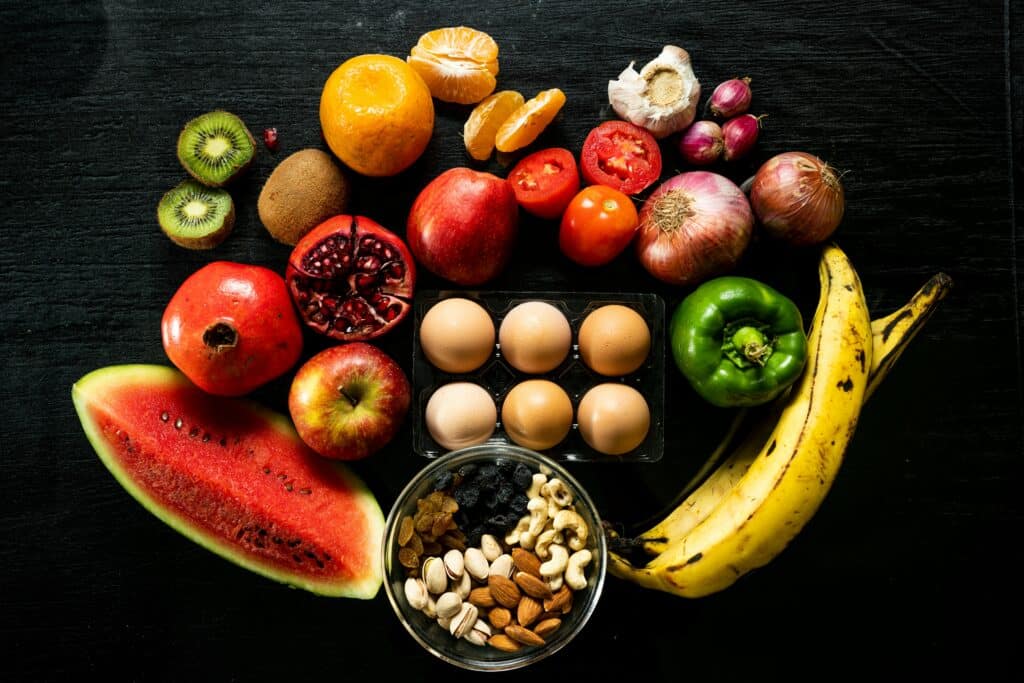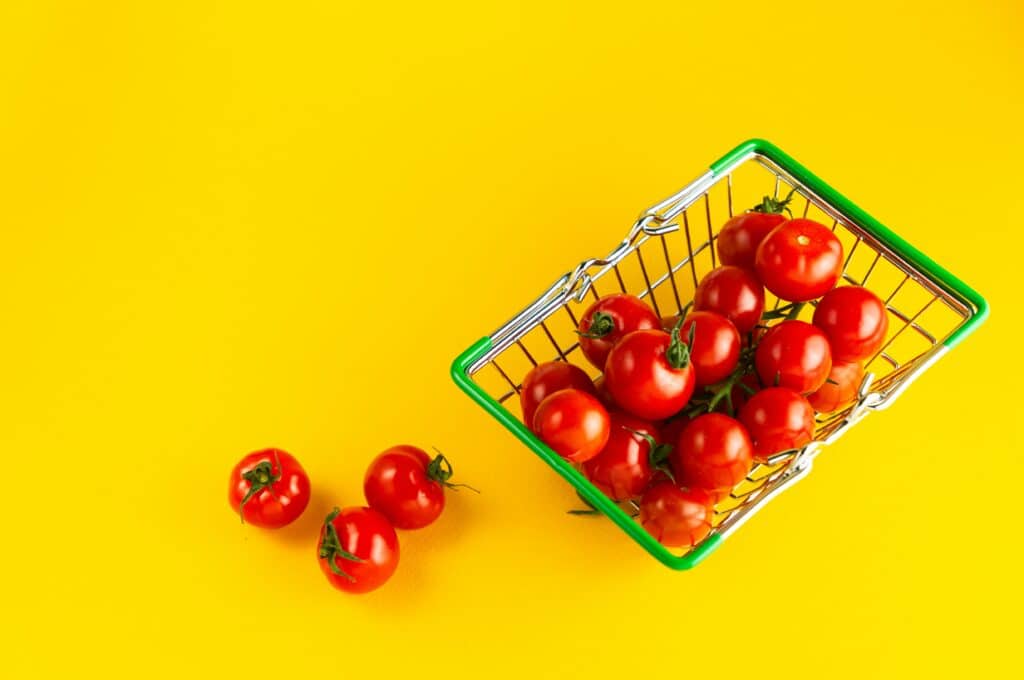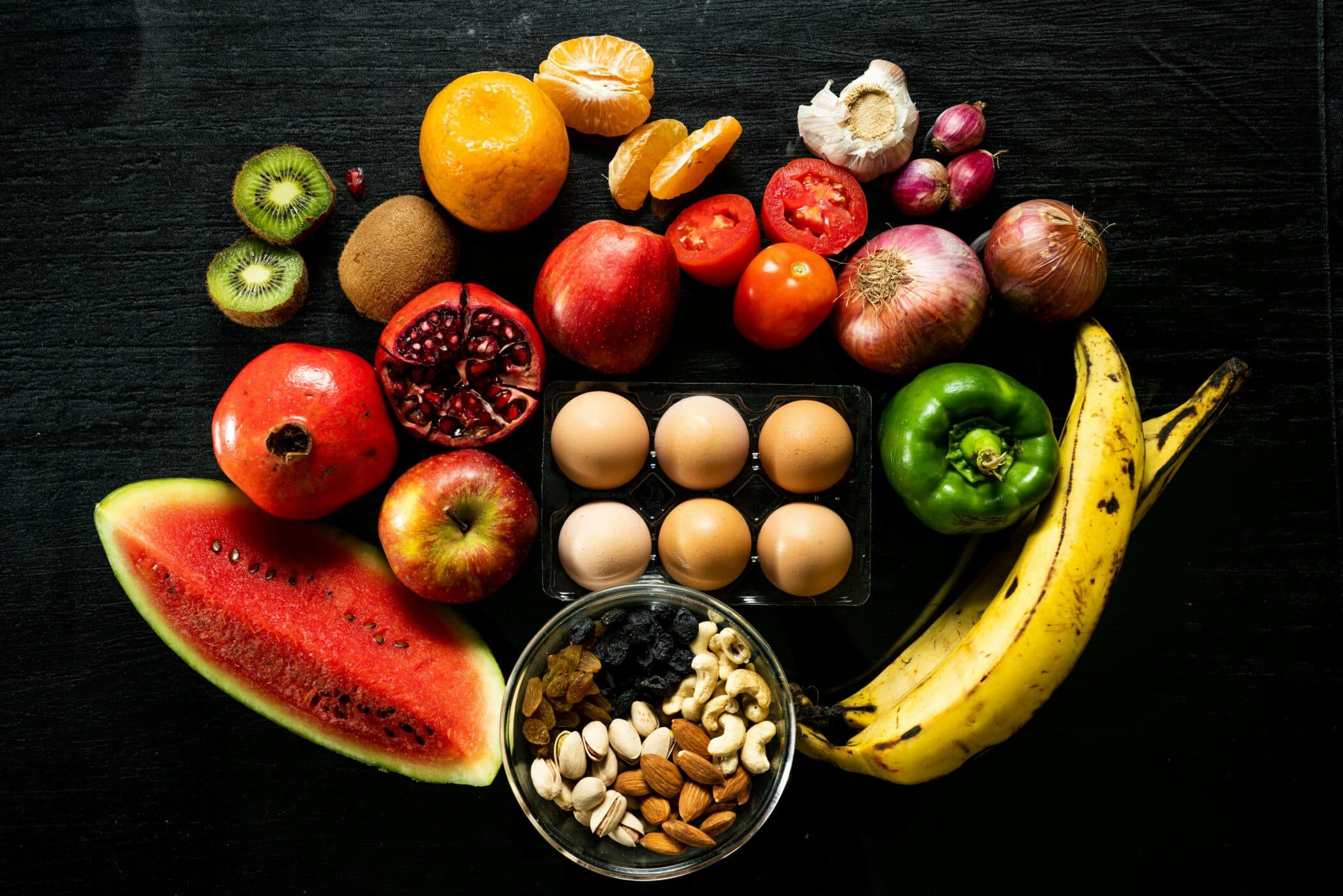
Let’s face it—when you’re shopping for healthy meals or planning what to eat, terms like “organic,” “natural,” and “non-GMO” are everywhere. But what does Non-GMO really mean, and why should it matter to you?
If you care about what goes into your body—and you should—understanding the difference between GMO and Non-GMO ingredients is crucial. Especially if you live an active, health-focused lifestyle and want to fuel your body with the best.
In this article, we’ll break down:
- What GMO and Non-GMO actually mean
- Why Non-GMO ingredients are better for your health
- How GMOs affect the environment
- What to look for in your food labels
- How to make clean eating easier than ever
Let’s dig in.
Table of Contents
What Does Non-GMO Mean?
GMO stands for Genetically Modified Organism. In simple terms, it means a plant, animal, or microorganism whose DNA has been changed in a lab to make it more resistant to pests, drought, or to increase shelf life.
Non-GMO means the food has not been genetically altered. It’s closer to how nature intended.
Think of GMO foods like a synthetic shortcut—engineered for convenience, not health. Non-GMO foods, on the other hand, are grown naturally. No strange science, just real food.
Why Non-GMO Ingredients Matter for Your Health

You wouldn’t fuel a Ferrari with low-grade gas, right? The same goes for your body. When you eat food made with genetically modified ingredients, you’re introducing foreign substances your body may not recognize.
Here’s how GMO ingredients can impact your health:
- Digestive issues: Some studies link GMO consumption to gut imbalances and food sensitivities.
- Increased exposure to pesticides: GMO crops are often sprayed heavily with herbicides like glyphosate.
- Unknown long-term effects: GMO technology is still relatively new, and research on long-term health consequences is limited.
- Allergies: Genetically modified proteins may increase the risk of allergic reactions.
By choosing Non-GMO, you lower your exposure to unnatural chemicals and help your body process food more efficiently.
The Pesticide Problem
Here’s where it gets real. One of the biggest issues with GMO crops isn’t just the genetic modification—it’s the amount of pesticides used to grow them.
Most GMO crops are engineered to survive heavy doses of herbicides, which stay on the food and can end up in your body.
Pesticides have been linked to:
- Hormonal imbalances
- Fertility issues
- Neurological disorders
- Increased cancer risk
Eating Non-GMO often means eating cleaner food, with fewer chemicals on your plate.
Non-GMO Is Better for the Environment Too
It’s not just your body that benefits. Choosing Non-GMO ingredients helps protect the planet.
- Less chemical runoff: Non-GMO farming often relies on fewer synthetic chemicals, which keeps soil and water cleaner.
- Protects biodiversity: GMO farming tends to rely on monocultures, which can reduce the variety of plants and animals in an area.
- Healthier soil: Sustainable, Non-GMO farming methods support soil health, which means more nutrients in your food.
If you care about the planet and want your food to support a cleaner future, Non-GMO is a smart choice.
What to Look For on Labels
Grocery shopping can feel like decoding a puzzle. Here’s what to look for when you want to buy Non-GMO:
- Look for the Non-GMO Project Verified seal: This is the gold standard of Non-GMO labeling.
- Certified Organic: While not exactly the same, organic foods are also Non-GMO by default.
- Check the ingredient list: Avoid corn syrup, soy lecithin, and canola oil unless clearly marked as Non-GMO.
- Choose brands that prioritize clean ingredients: Some brands (like Jet Fuel Meals) highlight ingredient quality upfront.
So, Does Non-GMO Really Matter?
Short answer: yes.
Here’s the thing—Non-GMO isn’t a marketing buzzword. It’s a signal of food that’s:
- Closer to its natural form
- Lower in toxic exposure
- Easier for your body to digest
- Kinder to the environment
When you choose Non-GMO ingredients, you’re not just feeding yourself. You’re feeding your health, your future, and the planet.
Key Takeaways
- Non-GMO foods are free of lab-modified DNA, making them easier for the body to recognize and digest.
- GMO crops are often sprayed with harmful chemicals, which may have long-term health effects.
- Choosing Non-GMO helps support sustainable agriculture and environmental health.
- Look for verified seals and clean-label brands when shopping.
Final Thoughts
Your body deserves clean, real food. And that starts with ingredients that come from the earth—not from a lab.
If you’re looking for a simple way to eat Non-GMO without shopping, cooking, or guessing, Jet Fuel Meals makes it easy. We deliver chef-crafted meals made with fresh, Non-GMO ingredients, locally sourced and never frozen. It’s healthy eating the way it should be: real, fresh, and effortless.
Visit Jet Fuel Meals today and take the guesswork out of clean eating—your body will thank you.

